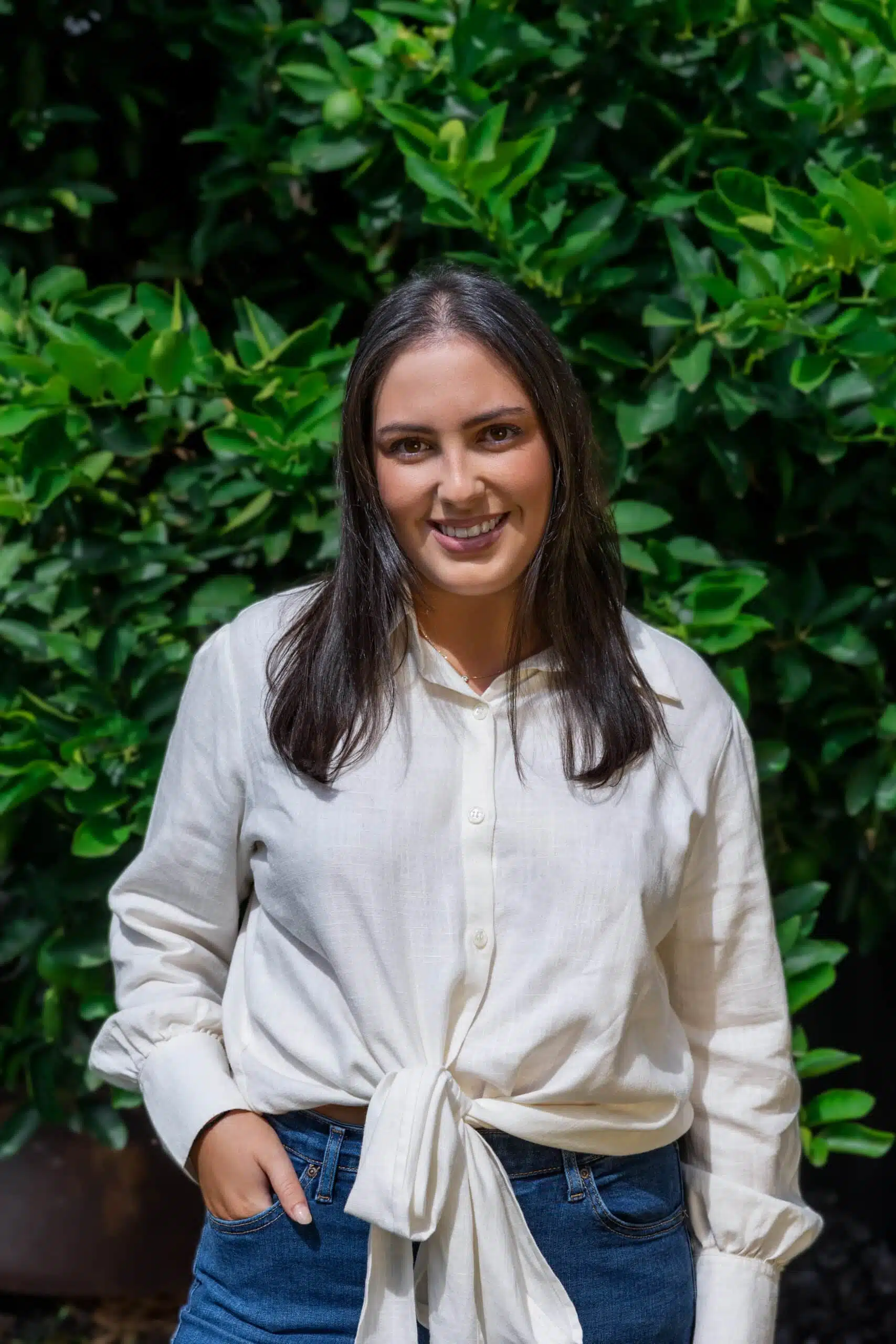eat well, be well, feel great
We believe you can eat well, be well and feel great, without giving up the foods that you love.
eat well, be well, feel great
We believe you can eat well, be well and feel great, without giving up the foods that you love.
Joanna
Accredited Practising Dietitian & Registered Nurse
Joanna is a dietitian who loves food. Her passion for digestive health stems from a lifelong battle with IBS and food intolerance. She knows first-hand how debilitating this is to live with, but how dramatically quality of life can be once well managed. This experience is what inspired her to set up Everyday Nutrition in 2013. Joanna has over 25 years’ experience in healthcare, initially as a Registered Nurse and then as a Dietitian and Nutritionist. At Everyday Nutrition Joanna works with an amazing team of dietitians who specialise in supporting clients to resolve digestive issues and make peace with food.
In addition to this, Joanna also has experience in FODMAP testing and has presented around Australia and in the USA on the low FODMAP diet and food sensitivity. Joanna has written for FODMAPPER magazine, healthy food guide magazine and Australian Gluten Free life. She is a committee member of the Adverse Food Reactions Interest Group with Dietitians Australia and sits on the advisory board for the Master of Dietetics program at Deakin University here in Melbourne.

Liz
Accredited Practising Dietitian & Accredited Sports Dietitian
Liz is an Accredited Practising Dietitian and Accredited Sports Dietitian, who has always been a food lover since a very young age. With Liz’s firsthand experience in food intolerance and Irritable Bowel Syndrome (IBS), she has gained greater insight and understanding to assist those in need of specialist advice. Liz can guide you in navigating your way through your gut journey whilst working within the everyday demands of life.
She also has extended experience and interest within gastrointestinal health, sports nutrition including working across a handful of VFL and AFL clubs, within disability and through private practice.
Liz has completed the Monash FODMAP Training Course for Dietitians. She is a member of Dietitians Australia and Sports Dietitians Australia.

Jasmine
Jasmine is currently on extended leave.
Jasmine loves cooking and more importantly, eating! She is passionate about helping people improve their relationship with food by making it less stressful, more accessible and enjoyable!
Jasmine grew up in a small farming community and made the move to Melbourne to study Dietetics at Deakin University. She loves working with clients face to face and via telehealth. She particularly loves telehealth because it opens up the possibility for people living rurally to access healthcare without the long drive or waiting lists.
Jasmine has completed the Monash FODMAP Training Course for Dietitians and is a member of Dietitians Australia.

Jemma
Jemma is currently on Maternity leave and expected back late 2024
Jemma is an Accredited Practising Dietitian & Accredited Nutritionist (APD). She graduated from Deakin University, completing a Master of Dietetics and Bachelor of Food and Nutrition Sciences.
Jemma has a passion to help people improve their nutritional health through realistic, achievable and sustainable lifestyle changes that are evidence-based. She focuses on both disease prevention and management. Jemma works closely with clients to build a positive and healthy relationship with food, through a mindful and intuitive eating approach.
Her main areas of interest include all things gut health related and removing the stressors and fear around food. She also has a deep interest in nutrition management for Oncology, including all stages from prevention, treatment and survivorship.
Jemma endeavours to educate her clients with an individualised client-centred focus, and tailors her nutrition advice to support individual goals and optimise nutrition.

Common Gut Health Conditions
Certain FODMAPs are highly osmotic;
by the bacteria that naturally live in the large intestine, which can create large volumes of gas. For those with sensitive nerve endings (i.e. IBS patients) this can result in abdominal distention, bloating and cramping.
It’s important to remember that this fermentation is a normal process, and is actually a sign that the food you are eating is providing fuel and nourishment to your gut microbiota. If your bloating and gut symptoms are excessive and impacting on your quality of life, you may like to try the low FODMAP diet to see if it reduces the severity of your gut symptoms.
Chemicals are found everywhere in nature, including in the food we eat and the water we drink. Some of these, like vitamins, contribute to maintaining good health, while others increase aroma and flavour and make food enjoyable. Food chemicals irritate the nerve endings in the body causing uncomfortable symptoms such as;
- Skin irritation like rashes, eczema or hives
- Airway irritation like sinus or asthma
- Nervous system irritation like headaches, fatigue, flu like aches and pains, moodiness or in children behavioural problems including ADHD
- Gastrointestinal irritation, including reflux, mouth ulcers, bloating, cramps, diarrhoea or constipation or both.
Some people are more sensitive to these natural food chemicals and find when they eat large amounts of them, they experience distressing symptoms. How much you can tolerate will vary depending on how sensitive you are. The most common natural food chemicals that can cause unpleasant symptoms include:
- Salicylates
- Amines
- Glutamates
- Additives and preservatives
Since the immune system is not involved, there are no reliable diagnostic tests and the only way to know for sure if a food is triggering your symptoms is through a strict elimination and structured re-challenge process.
3. Fructose Malabsorption
